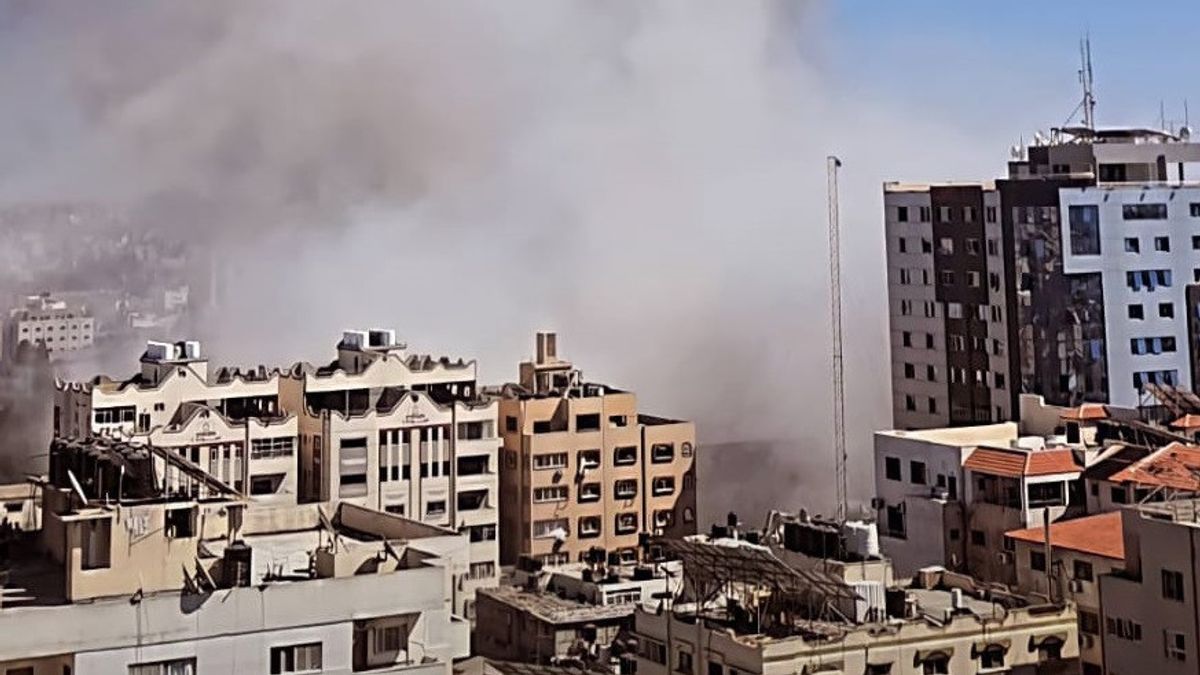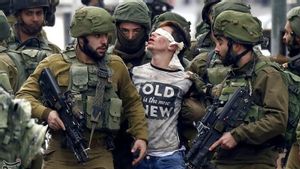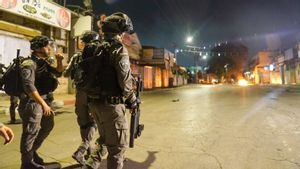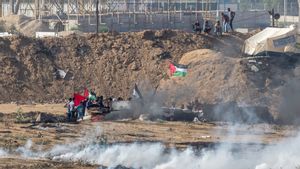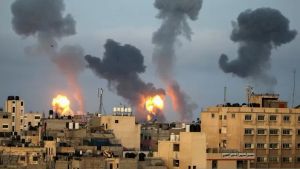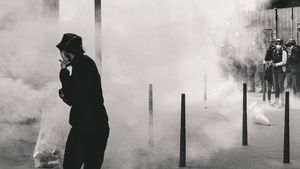JAKARTA - The United Nations is concerned that the escalation of clashes between the Palestinians and Israel has led to a halt to vaccination programs and poses a threat of a spike in COVID-19 cases.
The airstrikes Israel carried out in the Gaza Strip on Sunday, May 17, were called one of the worst since 2014.
Being one of Hamas's resistance bases, Palestinian militant groups, the Gaza Strip, or Gaza have always been the target of Israeli attacks. Attacking militants and Hamas underground tunnel facilities, Israel launched massive airstrikes.
However, according to The National Monday, May 17, at least 192 Palestinians were killed in clashes in Gaza, including 58 children and 34 women. While the casualties on the Israeli side until yesterday reached 10 people, including a boy (5) and a soldier.
In the past 72 hours, more than 38,000 Gazans have had to leave their homes and seek refuge in schools managed by the United Nations.
"Last night was the worst night in terms of military fighting", said Matthias Schmale, operations director of the United Nations Relief and Works Agency for Palestine Refugees (UNRWA) in Gaza.
"We had an experience at 2 am. I think, 11 or 12 massive attacks in the surrounding area and it was scary for civilians", he said.
According to him, the shooting has become so violent that more than 38,000 people have left their homes.
"People started packing up and leaving their homes out of fear", Schmale said.
The United Nations is also concerned that the rapid flow of refugees poses a threat of a surge in COVID-19 cases that throughout March-April killed about 400 people in the Gaza Strip.
"We have thousands of unvaccinated people in places that are not large. In COVID-19 terms, we are racing against time to try to make sure, at least separate people who have symptoms from those who don't, and we provide PPE", Schmale said.
SEE ALSO:
Palestinian clashes with Israel have also brought the COVID-19 vaccination program in Gaza to a standstill. Schmale explained that stopping inoculation can make it harder to prevent a third wave of viruses.
'People will be less resilient because we don't have the number of people vaccinated. If the fighting continues for longer, there is a strong possibility that COVID-19 cases will increase rapidly, which exacerbates an already difficult situation", he concluded.
The English, Chinese, Japanese, Arabic, and French versions are automatically generated by the AI. So there may still be inaccuracies in translating, please always see Indonesian as our main language. (system supported by DigitalSiber.id)
